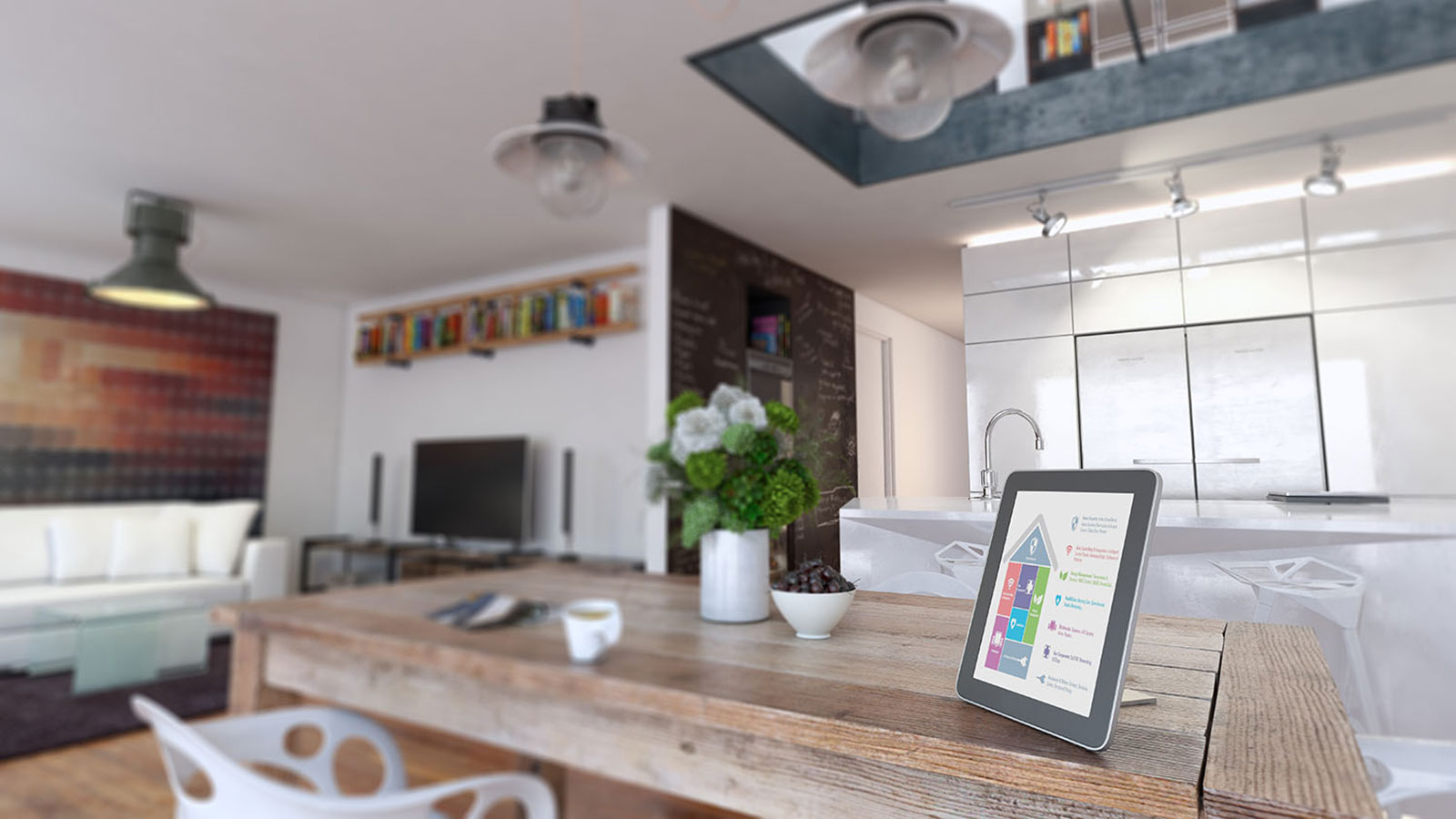In the not-so-distant past, the concept of home automation was confined to the realm of science fiction. Today, it has become an integral part of modern living, and its future promises even greater convenience, efficiency, and connectivity. As we step into the future, the evolution of home automation technology is poised to transform the way we interact with our homes.
1. The Internet of Things (IoT) Revolution:
- The foundation of home automation lies in the IoT, where everyday objects are connected to the internet. In the future, we can expect more devices to join this network, creating a seamless web of communication between appliances, sensors, and gadgets.
2. AI-Powered Smart Homes:
- Artificial Intelligence (AI) will play a pivotal role in making our homes smarter. AI algorithms will learn from our preferences and habits, allowing smart devices to anticipate our needs and adjust settings accordingly. Imagine a home that adjusts the lighting and temperature to your liking as soon as you step inside.
3. Energy Efficiency and Sustainability:
- The future of home automation is also deeply intertwined with sustainability. Smart homes will not only be more energy-efficient but will actively manage and optimize energy consumption. Solar panels, intelligent HVAC systems, and energy storage solutions will become standard features.
4. Voice and Gesture Control:
- Voice assistants like Amazon’s Alexa and Google Assistant are just the beginning. In the future, voice and gesture control will become more intuitive and accurate, allowing us to control our homes with natural, spoken commands and simple hand movements.

5. Enhanced Security and Privacy:
- With the rise of connected devices, ensuring security and privacy will be paramount. Advanced encryption methods and biometric authentication will be integrated into smart home systems, providing homeowners with peace of mind.
6. Health and Well-being Focus:
- Smart homes will increasingly cater to our health and well-being. Devices that monitor air quality, sleep patterns, and even mental health indicators will become more prevalent, helping us live healthier lives.
7. Integration and Interoperability:
- In the future, smart devices from different manufacturers will seamlessly integrate and work together. The days of needing separate apps for each device will be a thing of the past, as standardized protocols and ecosystems emerge.
8. Personalization and Customization:
- Home automation systems will be highly customizable to suit individual preferences. Whether you prefer a minimalist, energy-saving mode or a cozy, entertainment-centered atmosphere, your smart home will adapt to your desires.
9. Remote Management and Accessibility:
- The ability to manage and monitor your home remotely will continue to improve. Whether you’re at work, on vacation, or just away from home, you’ll have full control and real-time access to your smart devices.
10. Affordable and Accessible Smart Homes:
- As technology advances, the cost of smart home devices will likely decrease, making home automation more accessible to a wider range of consumers. The future holds the promise of affordable, entry-level smart home solutions for all.
The future of home automation is one of limitless possibilities. As technology continues to evolve, our homes will become not just smart but intuitive, efficient, and responsive to our needs. The connected life is on the horizon, and it promises to revolutionize the way we live and interact with our living spaces.



